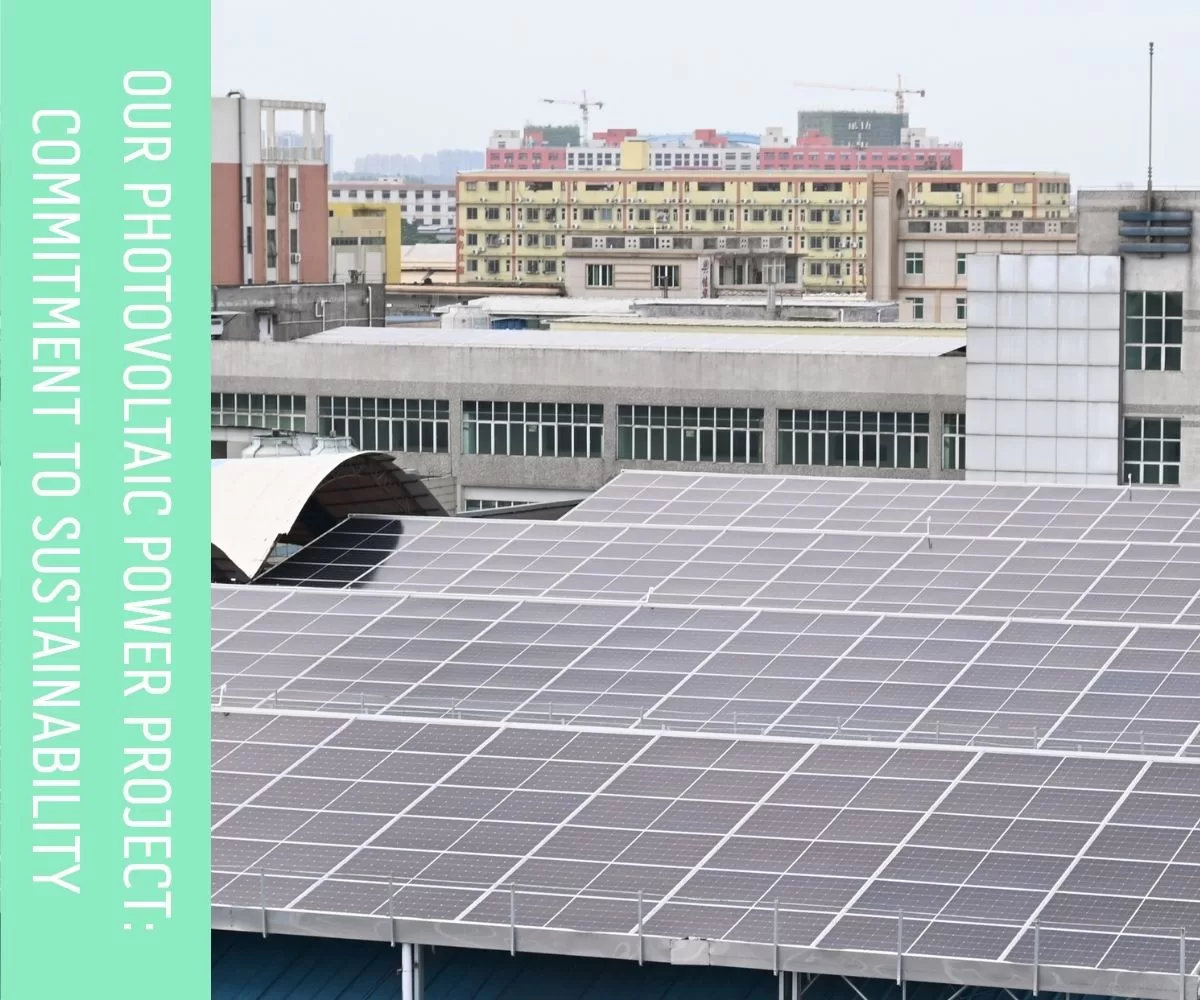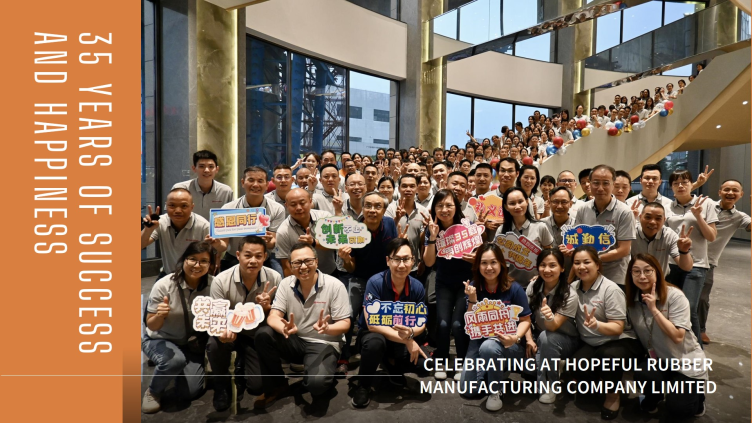
Mold Design and Manufacturing
Create our own mold cater to diverse industries, producing reliable, high-quality rubber parts with efficient manufacturing processes
Create our own mold cater to diverse industries, producing reliable, high-quality rubber parts with efficient manufacturing processes
Custom Rubber Molding Solutions
Our top priority is to optimize the production and manufacturing of custom silicone rubber, plastic, metal, and composite parts to ensure they meet your quality standards and requirements while effectively controlling costs
Our top priority is to optimize the production and manufacturing of custom silicone rubber, plastic, metal, and composite parts to ensure they meet your quality standards and requirements while effectively controlling costs
Our Services
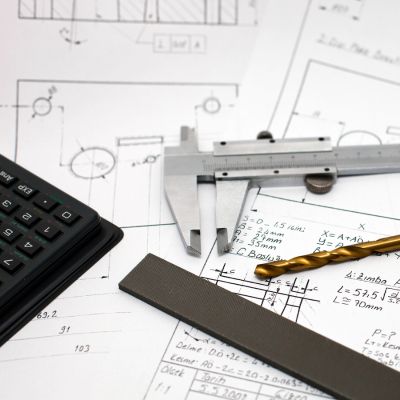
Material Formulation Development
Achieve the desired performance of your custom molded rubber product with our tailor-made rubber material formulation development services
Achieve the desired performance of your custom molded rubber product with our tailor-made rubber material formulation development services
Testing and Validation
Our testing center meets IEC 17025 standards, ensuring that our testing procedures uphold exceptional accuracy, reliability, and traceability
Our testing center meets IEC 17025 standards, ensuring that our testing procedures uphold exceptional accuracy, reliability, and traceability
About Hopeful Rubber
![[ Important Announcement ] Fraud Alert – No Changes to Bank Account Information](https://hopefulrubber.com/wp-content/uploads/2025/10/hopeful_rubber_milestone.webp)
![[ Important Announcement ] Fraud Alert – No Changes to Bank Account Information](https://hopefulrubber.com/wp-content/uploads/2025/10/hopeful_rubber_milestone.webp)
Quality System
Hopeful Rubber Manufacturing Company Limited has a robust and comprehensive quality system in place to ensure that their products meet the highest standards of quality and safety.
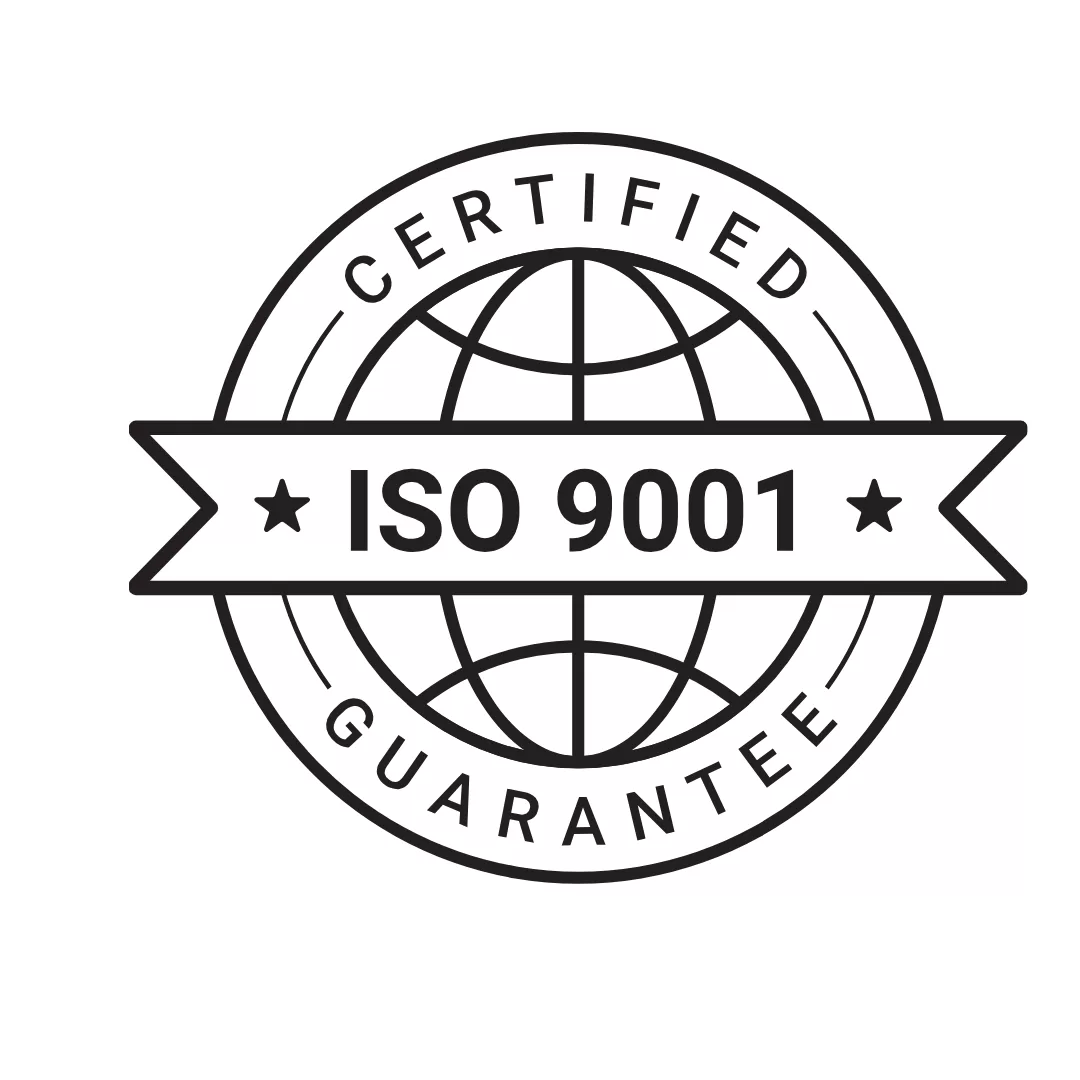
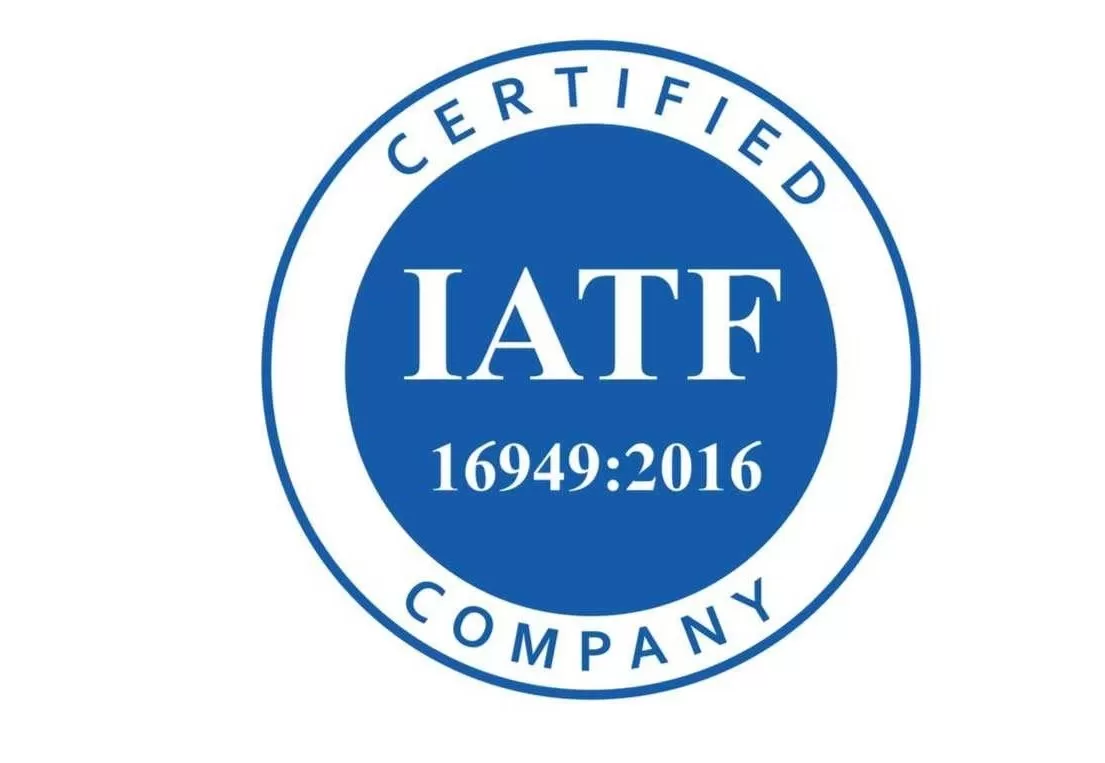


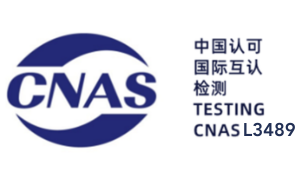
Latest Post
admin
[ Important Announcement ] Fraud Alert – No Changes to Bank Account Information
We have recently become aware of fraudulent activities in which unauthorized third parties have impersonated our company (or hacked into our email ac...
admin
Empowering a Sustainable Future: Our Milestone in Photovoltaic Energy
Big Steps in Our Photovoltaic Power Project: Commitment to Sustainability 😊 Exciting news to share! We’ve taken another significant step f
admin
Celebrating 35 Years of Success and Happiness at Hopeful Rubber Manufacturing Company Limited
Celebrating 35 Years of Success and Happiness at Hopeful Rubber We are thrilled and honored to announce that Hopeful Rubber Manufacturing Company ...

![[ Important Announcement ] Fraud Alert – No Changes to Bank Account Information](https://hopefulrubber.com/wp-content/uploads/2025/05/HF_WEB_NEWS-jpg.webp)
